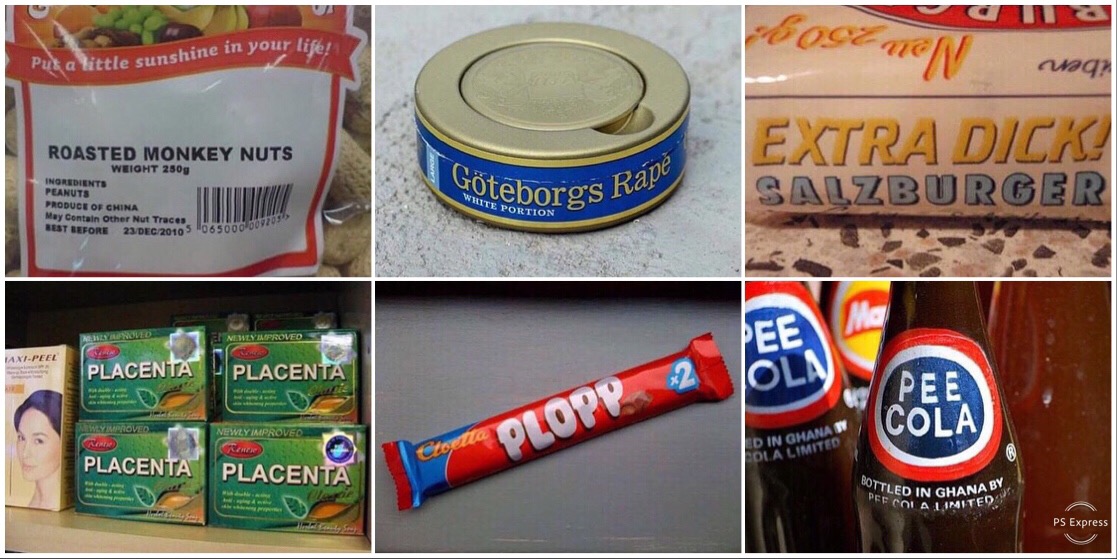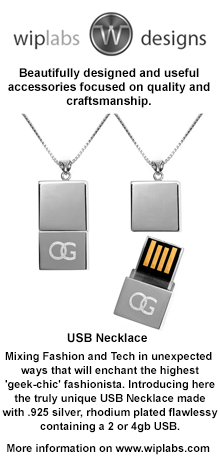Good idea to do linguistic analysis to check whether your name, logo or tag line means something different in various global regions.
For decades I worked for global corporations. PHILIPS Electronics for example had 220,000 employees in 60 countries. One day I was in The Netherlands, I wrote a company wide announcement and asked a Dutch secretary to review my document and please give me feedback on anything in my announcement that might accidentally step on any toes. She began crying (Not the reaction I was expecting) I asked her what was the matter? She replied that after 30 years at PHILIPS HQ (In The Netherlands) no one has ever asked for her opinion or feedback. How sad.
“Moral of the story is to do linguistic analysis and get local feedback on anything you put out to the public.”
- Braniff International translated a slogan touting its finely upholstered seats “Fly in Leather” into Spanish as “Fly Naked.”
- Clairol launched a curling iron called “Mist Stick” in Germany even though “mist” is German slang for manure.
- Coca-Cola‘s brand name, when first marketed in China, was sometimes translated as “Bite The Wax Tadpole.”
- Colgate launched toothpaste in France named “Cue” without realizing that it’s also the name of a French pornographic magazine.
- Coors translated its slogan, “Turn It Loose,” into Spanish, where it is a colloquial term for having diarrhea.
- Electrolux at one time marketed its vacuum cleaners in the U.S. with the tag line: “Nothing sucks like an Electrolux.”



